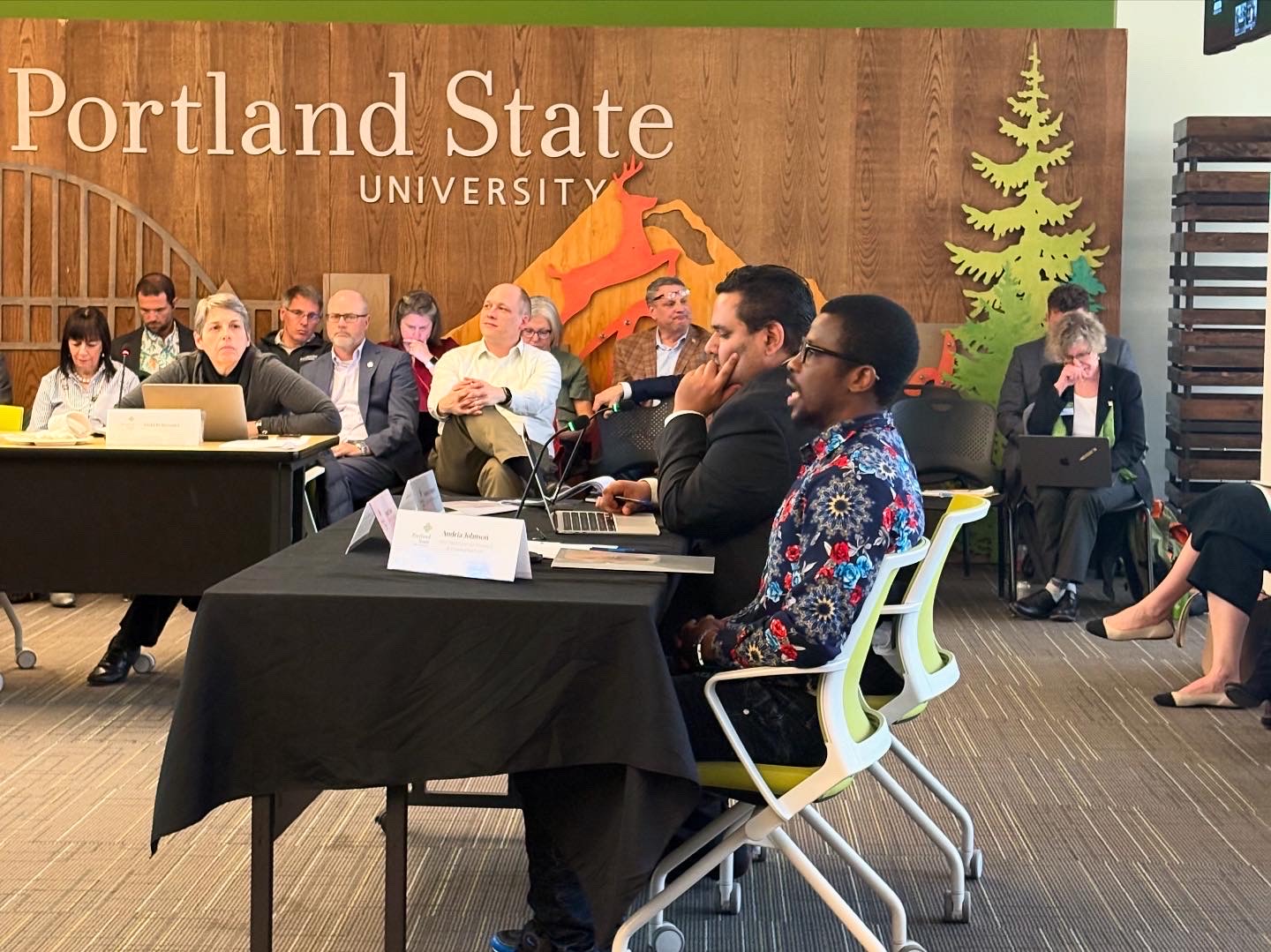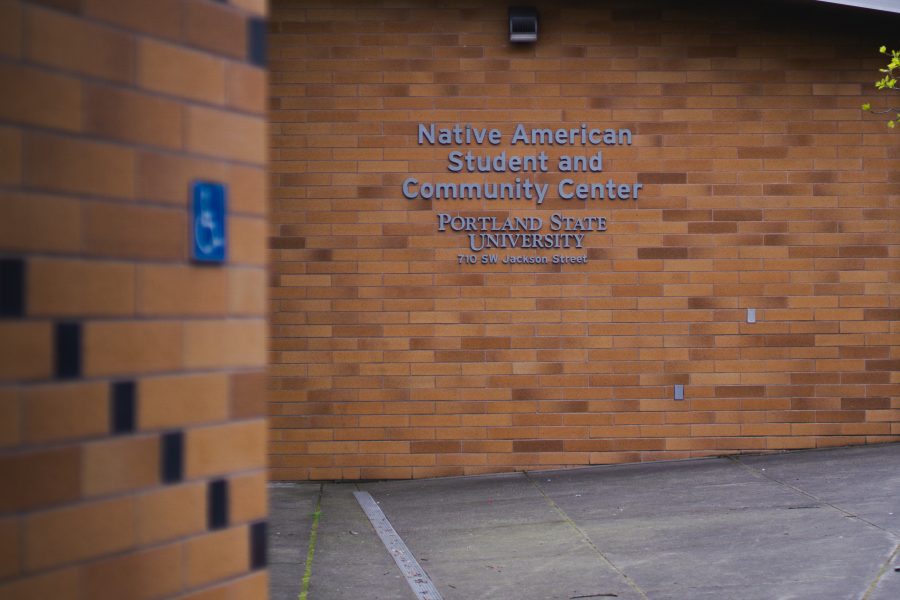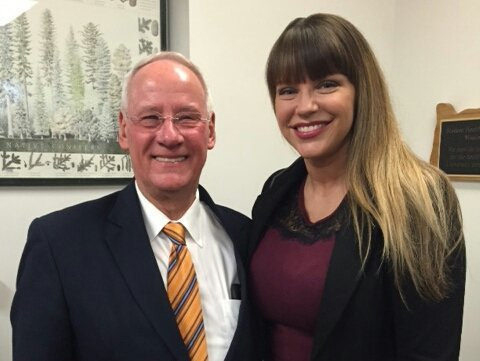Portland State University students are offered the opportunity to be participants in the decision-making process regarding their own tuition, fees and administrative decisions through the student government.
Despite this, student participation is still less than one out of every ten.
Associated Students of Portland State University (ASPSU) functions as the student government on the Park Blocks. According to data from ASPSU Advisor Madeline Frisk, the percentage of students who have voted in the elections from the years 1996 to 2024 has averaged about 8 percent per year.
Compared to colleges like Oregon State University and the University of Oregon, this is about half of their voting population.
When asked about what factors may be causing this type of output, Frisk remarked about the importance of increasing the combination of both in-person and online ways of engagement.
“It’s figuring out the demographic data of the students who already participate and then filling in the gaps through specific resource centers,” Frisk said.
Those who are running also have the opportunity to generate an increased voter turnout by providing information to the student body about what they work for, promoting past ASPSU accomplishments and creating a platform for people to get behind.
“It’s a combination,” Frisk said. “Both… ASPSU and what we can do, but also candidates and how they are driving engagement and participation.”
Incumbent ASPSU President Brady Roland also stressed the significance for candidates to elevate themselves in front of as many people as they can.
“It’s basically just about trying to promote ourselves as much as possible and in turn get out the vote for the elections,” Roland said.
Increased turnout could have tangible impacts on ASPSU’s influence, according to Roland.
“ASPSU is as powerful as the students make it to be,” Roland said.
According to the Student Body President, as more people vote and engage with the student government, the more the organization is taken seriously in front of decision-making individuals and committees.
Due to middling student engagement, some school executives have expressed the opinion that ASPSU is not a true representation of the student body, raising questions about the validity of the role the organization plays within student affairs.
Roland has had personal experience with this kind of sentiment.
“I sat on this committee, and, I kid you not, at least ten times one of the members of this committee continuously brought up the fact that we have low voter turnout in our elections, and so I’m not a real representative,” Roland said. “Those kind[s] of people undermine us.”
It isn’t all negative news, however—2025 marks the largest number of candidates who’ve participated in ASPSU elections since 2015 and a 57% increase from 2024. The percentage of voting students, while still relatively low, has also increased every year since the end of the pandemic.
This has the possibility to mark new beginnings for ASPSU, according to the current Chair of the Elections Committee and member of the Judicial Review Board, Jack Damm.
“I think we are very, very passionate right now about ASPSU in a way…” Damm said. “That past candidates and past presidencies have not done as much.”
According to Damm, there has been an increased feeling of hope within the ASPSU community.
“I think if there’s a more unified voice coming from the students, it would be harder for administration to ignore,” Damm said.






